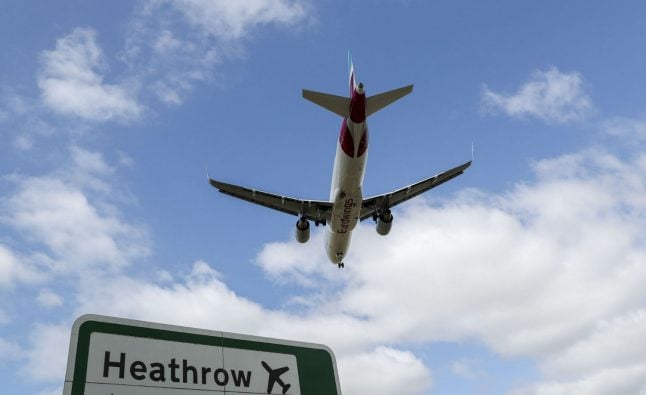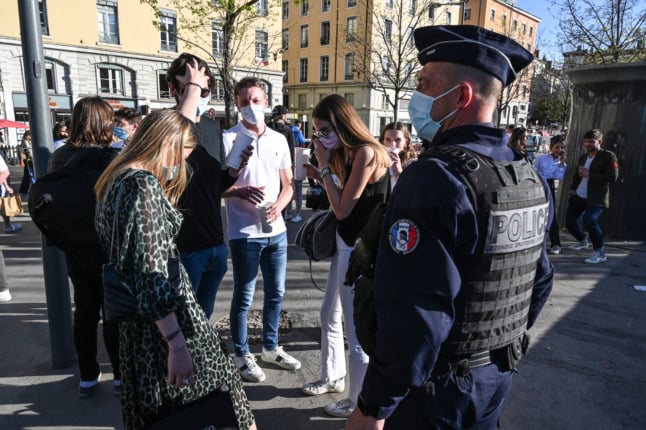As announced last week, from July 10th travellers arriving in England and Scotland from approved countries no longer need to self-isolate for 14 days upon arrival, though restrictions may continue to apply for those arriving in Wales and Northern Ireland.
Scotland also repealed the quarantine requirement for 56 other lower risk countries on July 10th, and plans to review the list on July 20th, according to its government.
The exemption applies to all who travel to England and Scotland by air, train, ferry, coach, or any other route.
READ ALSO: Explained: The health rules tourists in Germany should know about
The full list of approved countries includes travellers from Germany, Italy, France, Norway, Greece, the Netherlands, Finland, Belgium and Norway – but not Portugal or Sweden given their recent spike in cases.
These countries have “reciprocal arrangements” in place, meaning travellers from the UK will not have to quarantine on arrival there either.
Germany no longer requires any visitors from the UK, EU or Schengen Zone, with the exception of Sweden, to quarantine.
Some 59 countries deemed low or very low risk are now exempt from the UK's blanket quarantine rules.
The full list, which just applies to England and not Scotland, is available here. While the lists are largely the same, there are still small differences: travellers from Spain to Scotland, for instance, must still quarantine.

The UK’s Department for Transport also said that the devolved administrations in Scotland, Wales and Northern Ireland “will set out their own approach”, meaning the quarantine lifting applied to England alone and that passengers arriving in Scotland, Wales and Northern Ireland “should ensure they follow the laws and guidance which applies there”.
For more information, see the UK government's travel guidelines.



 Please whitelist us to continue reading.
Please whitelist us to continue reading.
Member comments